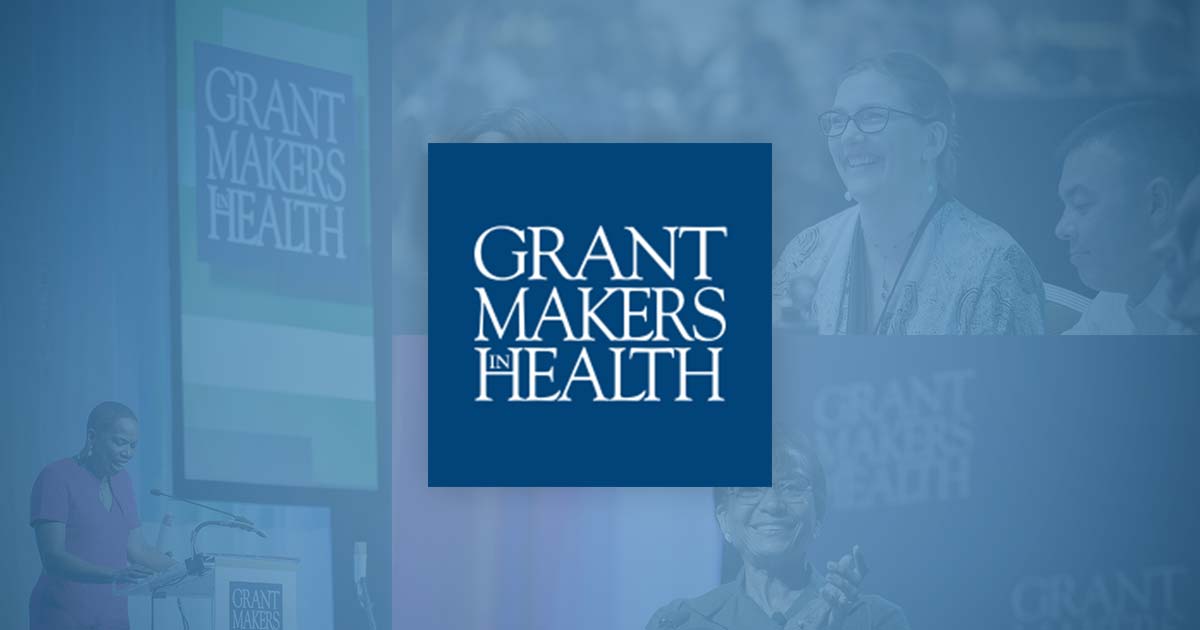REACH Healthcare Foundation
Learn more about REACH Healthcare Foundation’s mission, vision, and approach in this Grantmaker Focus profile.
Health Foundation for Western and Central New York’s Maternal and Child Health Initiative
Central New York has long struggled with the issue of poor maternal and child health (MCH) outcomes. While there have been some real successes over the years, poor MCH outcomes persist in the eight central New York counties served by the Health Foundation for Western and Central New York.
Call for GIH Board Nominations
GIH seeks nominations for its board of directors for terms beginning immediately following the annual meeting in March 2013. Nominations are due September 6.
Nemours
Learn more about Nemours’ mission, vision, and approach in this Grantmaker Focus profile.
Integrating Health Services for People with Co-Occurring Mental Health and Substance Use Disorders
Care for people with co-occurring conditions remains terribly fragmented. Three separate systems exist—health, mental health, and substance use services— to care for each individual problem, each one with its own set of norms, culture, regulations, reimbursement process, and accountability.
2012 Terrance Keenan Institute Fellows Announced
GIH is pleased to announce the 2012 Terrance Keenan Institute for Emerging Leaders in Health Philanthropy fellows.
Dental Hub and Spoke Project Links Kansans in Underserved Areas to Dental Care
Kansas, like many states with a vast rural geography, has substantial areas with little or no access to oral health services. Studies of the Kansas dental workforce show 93 of 105 counties do not have enough dentists to serve their population.

